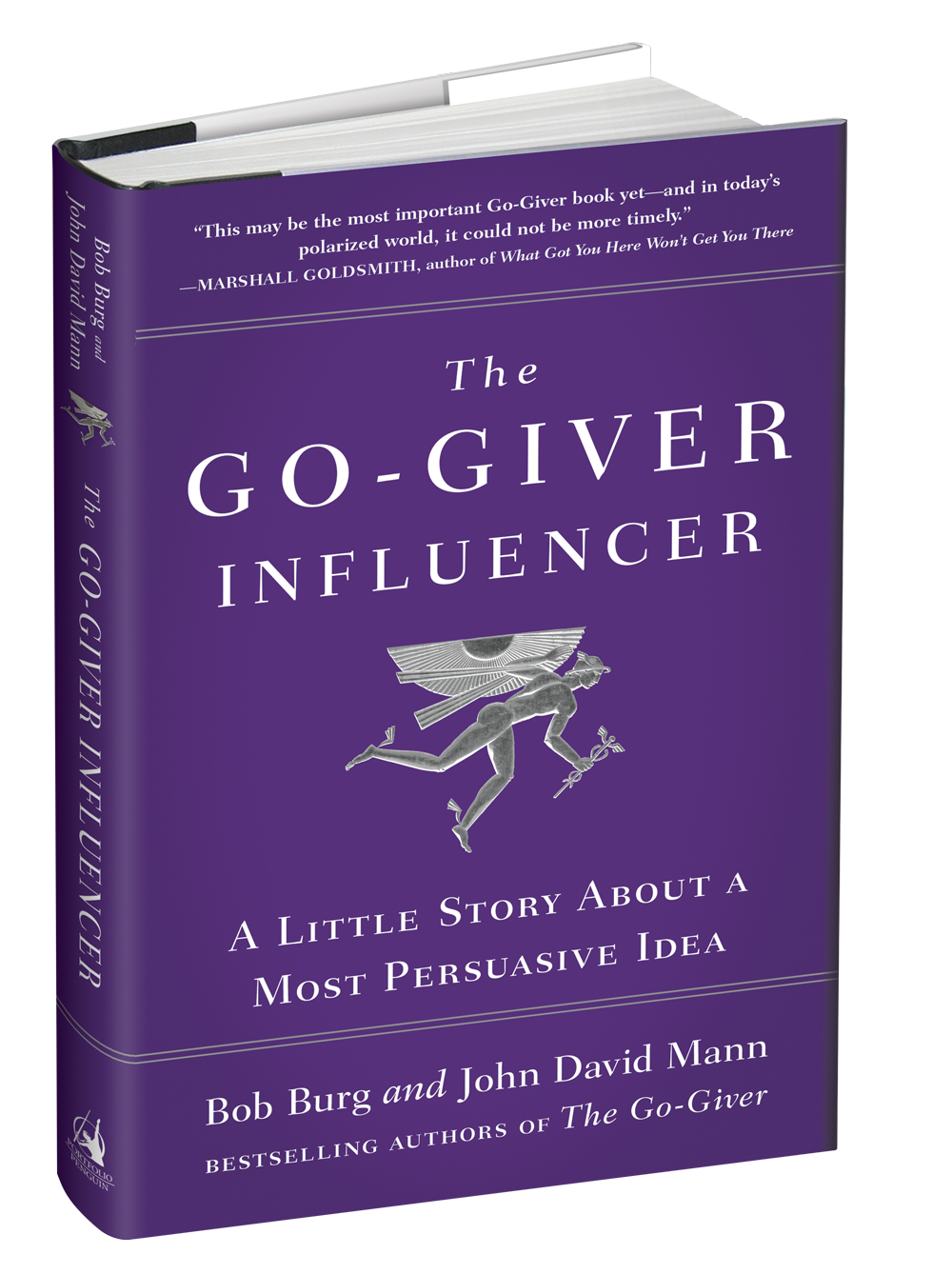Business Development
Jim Jarrell, a graduate of George Washington University’s acclaimed Law Firm Management Master’s degree program, is a senior legal marketing and management consultant based in New Jersey. Jim helps clients develop and implement marketing and business development strategies through coaching and group training programs and works with clients to refine business processes and roll out management and leadership training for their firms. He has enjoyed a career spanning more than two decades leading the strategic marketing and business development programs for professional services firms. Stints in leadership roles at two AmLaw 100 firms and management roles at a handful of smaller regional firms and boutiques have helped shape Jim’s national reputation as a leader in the field.
I asked Jim to tell me a little about his background and he said:
I help my clients by building structure and accountability into customized business development plans and through one-on-one or group dynamic coaching programs. I have developed and conducted formal training programs on a variety of topics that are often eligible for CLE credit, including business development planning, cross-selling strategies, personal branding, social media and delivering the perfect elevator pitch. I am also a certified “Yellow Belt” by the Legal Lean Institute for legal project management and process improvement.
I asked Jim What compelled him to offer his services and he said:
I’m a natural teacher. I spent 7 years as a high school teacher, 4 in a private school in Ohio and 3 in a public school in Florida – nothing prepares you for the myriad personalities and communications preferences of the world of lawyers quite like being a high school teacher. I, quite literally, have seen it all and could write the book about it. 😊
How can lawyers benefit from your services most? What I counsel and train lawyers on is about how to incorporate business development into the normal course of their business – how to make it a disciplined effort, vs erratic or only when they think about it (which is usually when they don’t have work, which is often too late).
I asked Jim to name three things that people misunderstand about what he does and to set the record straight. Jim said:
1. “My business development plan executes/implements itself.” (write the plan, put it on the shelf and voila, new business comes)
2. “I’m a good lawyer and that’s the best kind of marketing for my practice.” – maybe 10 years ago, but not anymore.
3. The legal sales cycle can sometimes take years – success – like Rome – was not built in a day, and sometimes you have to stick it out.
I asked, “What actionable advice or tips can you give lawyers”? He said:
Block out 15 minutes one day per week to spend time at least thinking about business development. Use the time to conduct personal outreach, follow-up, and nurture your existing relationships. Without the relationship, you face an uphill battle getting any new business.
Jim Jarrell













